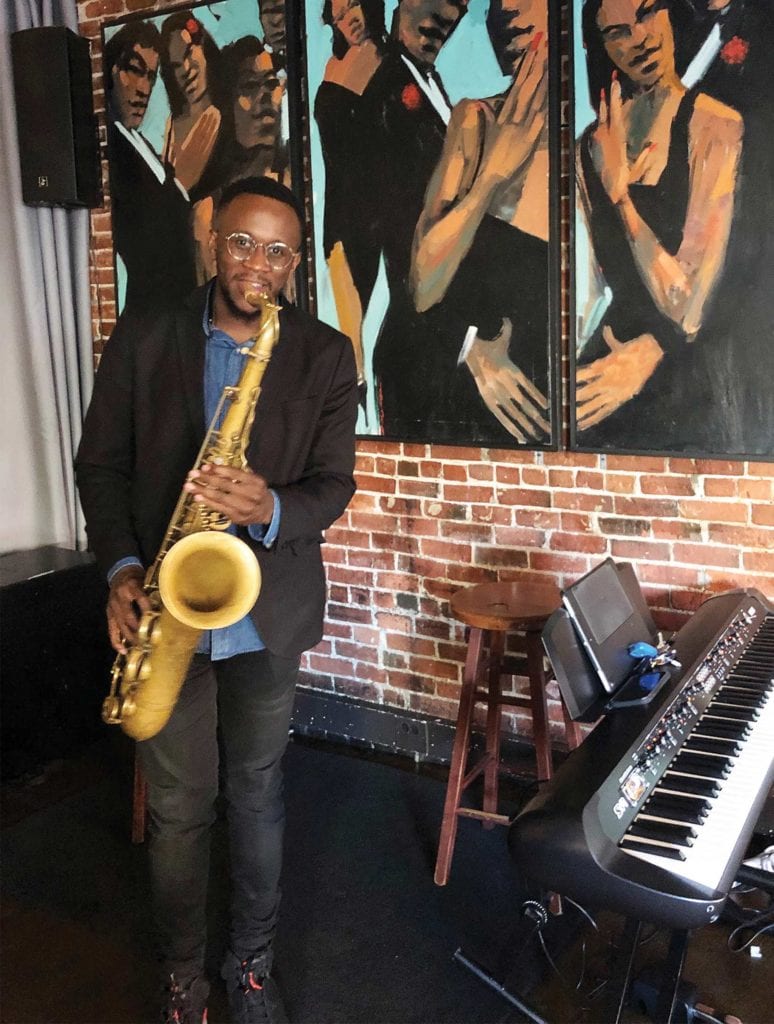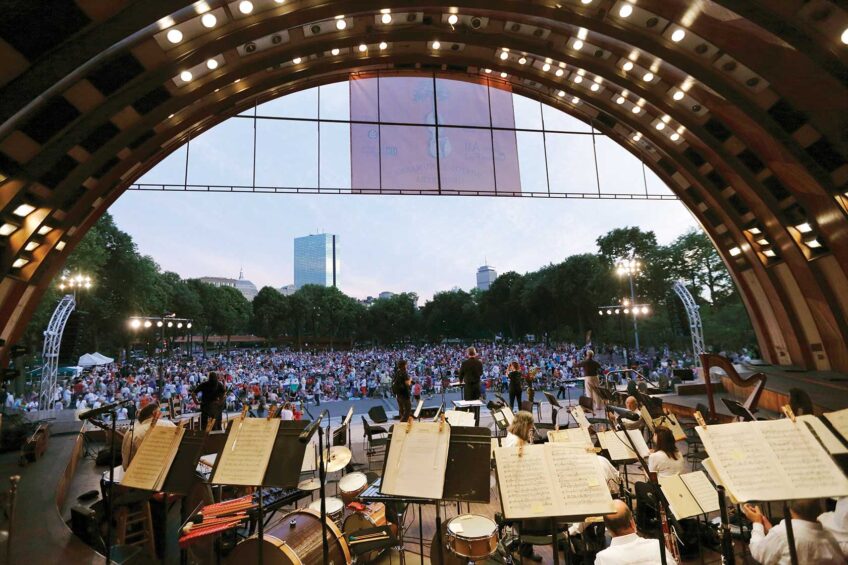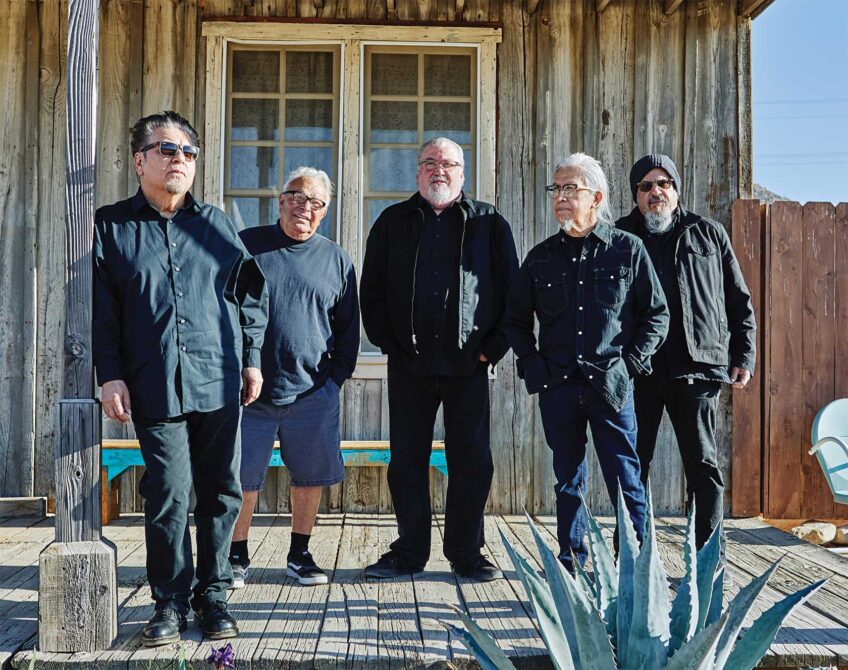
Whether saxophonist Greg Groover Jr. is in church on Sunday morning or in a jazz club on Tuesday night, he’s bringing jazz to church and church to jazz.
His new four-song EP release, “The Negro Spiritual Songbook, Volume One,” attests to this achievement, and later this summer he is expanding on the EP by recording a longer album based on its songs and arrangements.
“My master’s thesis was to create a jazz arrangement of these tunes, and it includes all the music I love, including hip-hop,” Groover tells the Banner. “I even had my senior recital for Berklee in church. I hope to perform at other churches. Hopefully, a kid will hear the music and say, ‘Check this out!’”
Groover, 25, bridges the artificial divide between the religious and secular through his music and by way of his upbringing. The songs on the EP have tight arrangements, clarity of sound and a calming effect that invites mental and artistic focus from listeners. This synthesis comes about by weaving together the musical and spiritual elements. What he’s accomplished so far might be inspiring for other young people with musical aspirations and a spiritual way of life.
“So much a part of what I do comes from growing up in church with a father who is a pastor,” Groover says. He is referring to Dr. Gregory Groover, the nationally known minister who heads up the Charles Street African Methodist Episcopal Church (A.M.E.). “In church and at home we always heard hymns, anthems, contemporary music and spirituals.” He is quick to add, “And my sister, Gerami, who’s three years older, a pianist — she’s the one who really got me into jazz.”
Groover also credits two brothers at the church, Robert and Joshua Johnson, both from New Orleans and both Berklee graduates, who helped him develop his musical talents.
“Their influence was profound,” says Groover.
Groover followed in the footsteps of his two mentors and big sister, attending Berklee College of Music. He earned a full-tuition scholarship and received both his bachelor’s and master’s in Music Performance Studies through the Global Jazz Institute, according to his website.
He received the master’s degree in 2017 and now divides his time among performing, teaching, recording and directing the band in church.
He teaches in Boston Arts Academy’s jazz department, focusing on woodwind, brass, jazz ensemble and jazz theory. BAA is part of the Boston Public Schools, open to students entering grades 9, 10 or 11 who audition to try for a place in one of the school’s five concentrations: Visual, Fashion Technology, Dance, Theatre and Music.
At BAA, he also serves as an adviser to students.
“I try to mentor students in ways that go beyond musical theory,” Groover says, “to create a meaningful relationship that encourages them.”
When not teaching, Groover can often be found in Boston’s jazz clubs. On Tuesday nights, he is in residence at Darryl’s Corner Bar and Kitchen, and periodically appears at Wally’s and the Beehive. His quartet is made up of Groover on sax, Max Ridley on bass, Jharis Yokley on drums and Jesse Taitt on drums.
On Sundays, Groover is at the Charles Street A.M.E. directing the band for the 8 a.m. and 11 a.m. services.
“Bringing together spirituality with jazz was always really important to me,” Groover says, “whether through my faith or being aware of secular music. And both jazz and spiritual music allow a sense of vulnerability for both listeners and performers.”
As far as Boston’s future as a musical center, Groover has faith.
“My father says that Boston is a transitional city,” Groover says, “and that people should stick around. We already have great performers like Jason Palmer, who’s been playing at Wally’s for something like 20 years. And Terri Lyne Carrington. Sure, there are not enough places for musicians to play, but I hear that in September, Berklee professor Bill Banfield is opening JazzUrbane Café, a new club in Dudley Square, and maybe there will be deeper connections formed by musicians to the city.”






